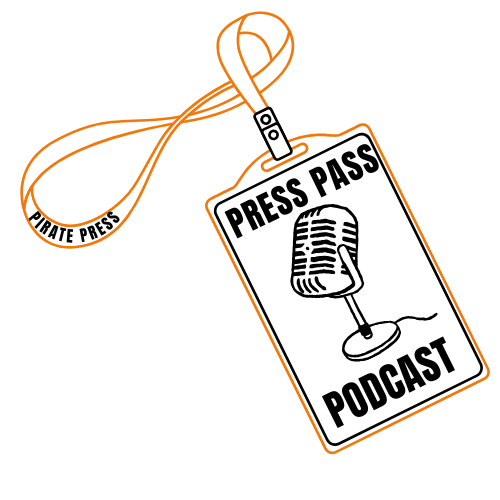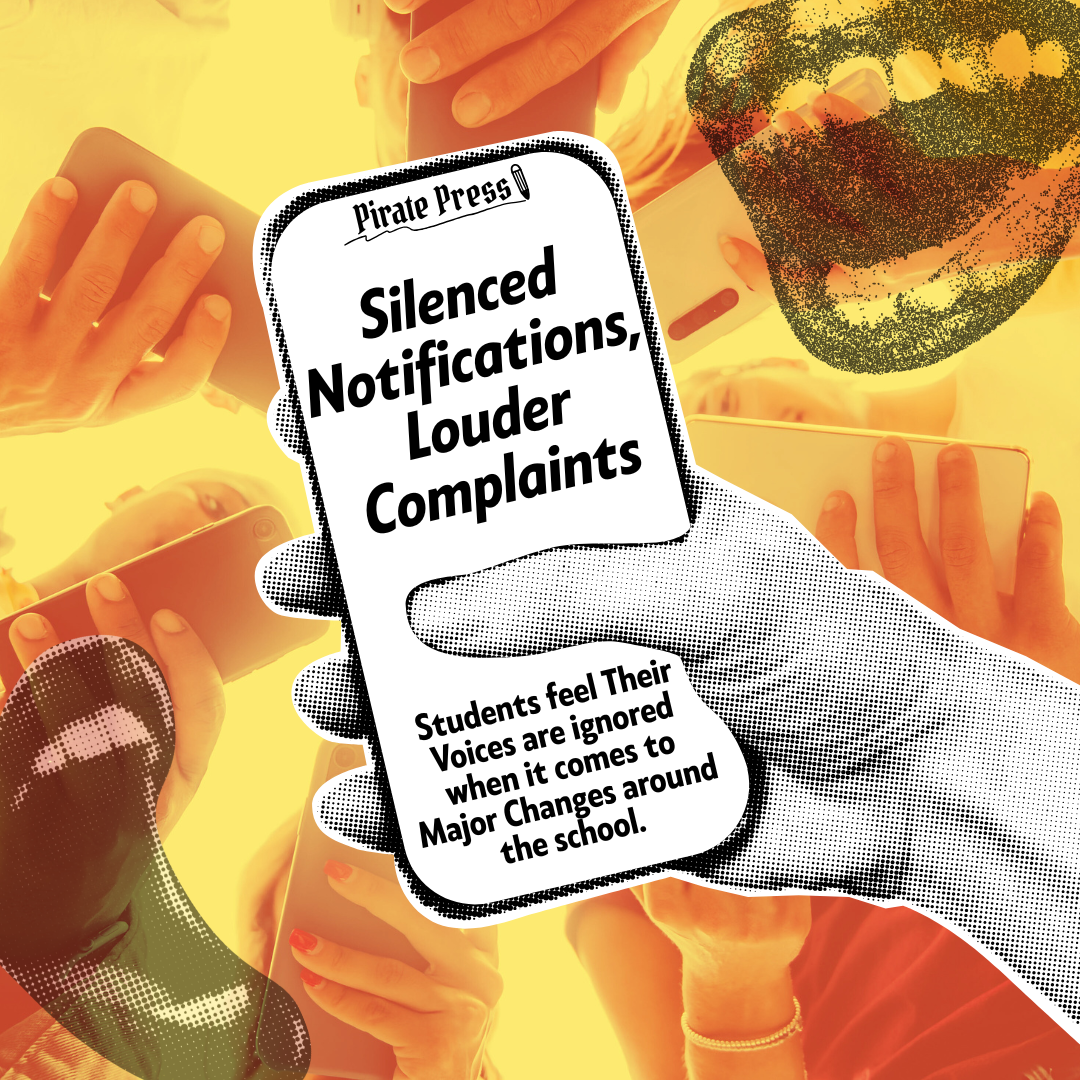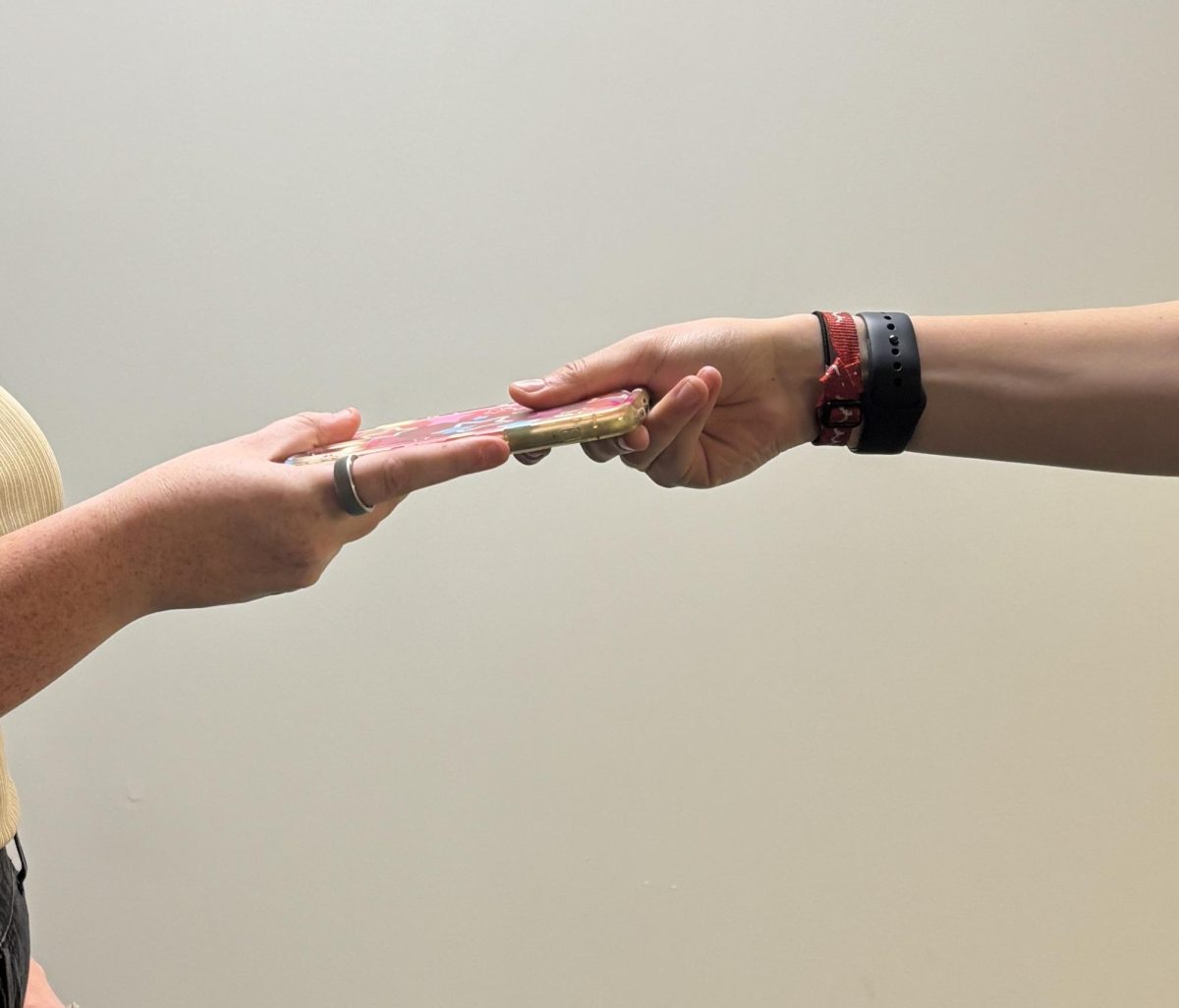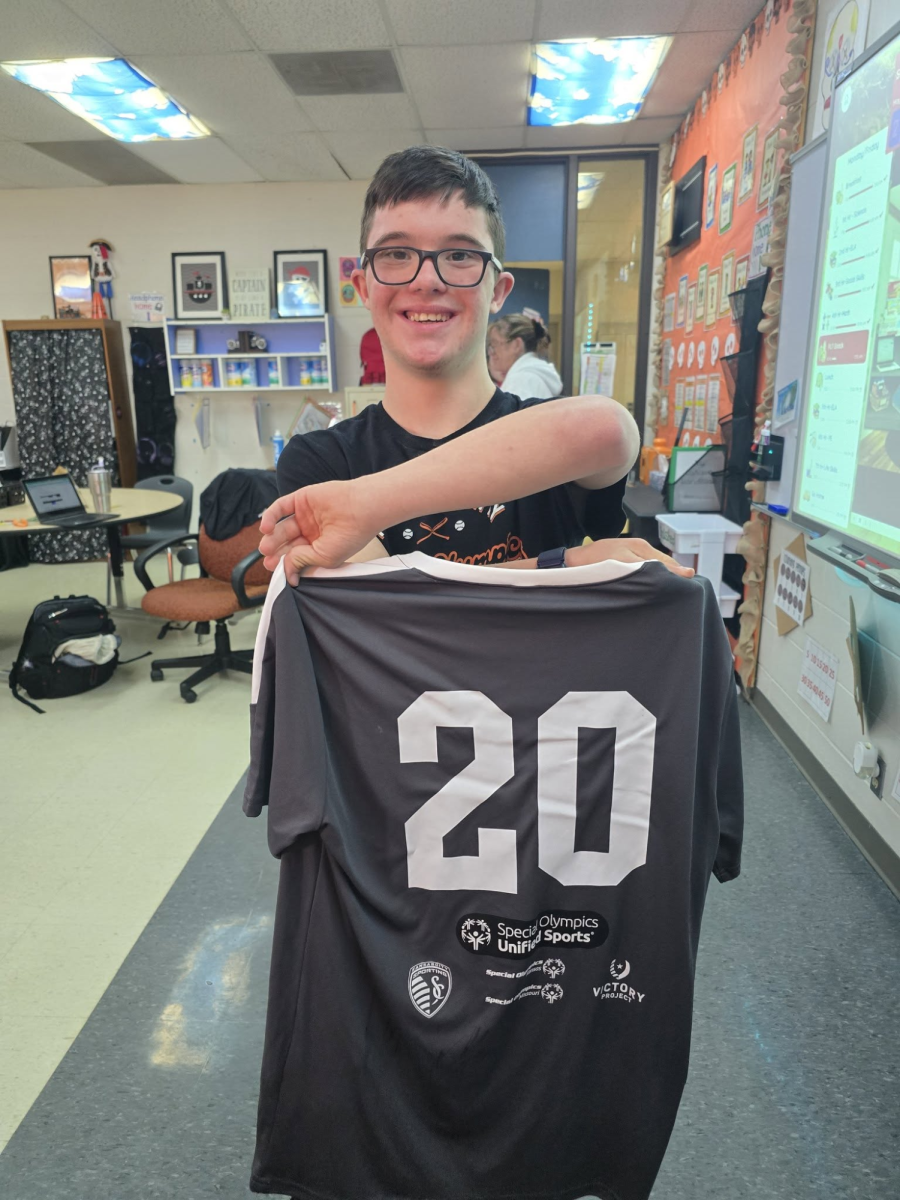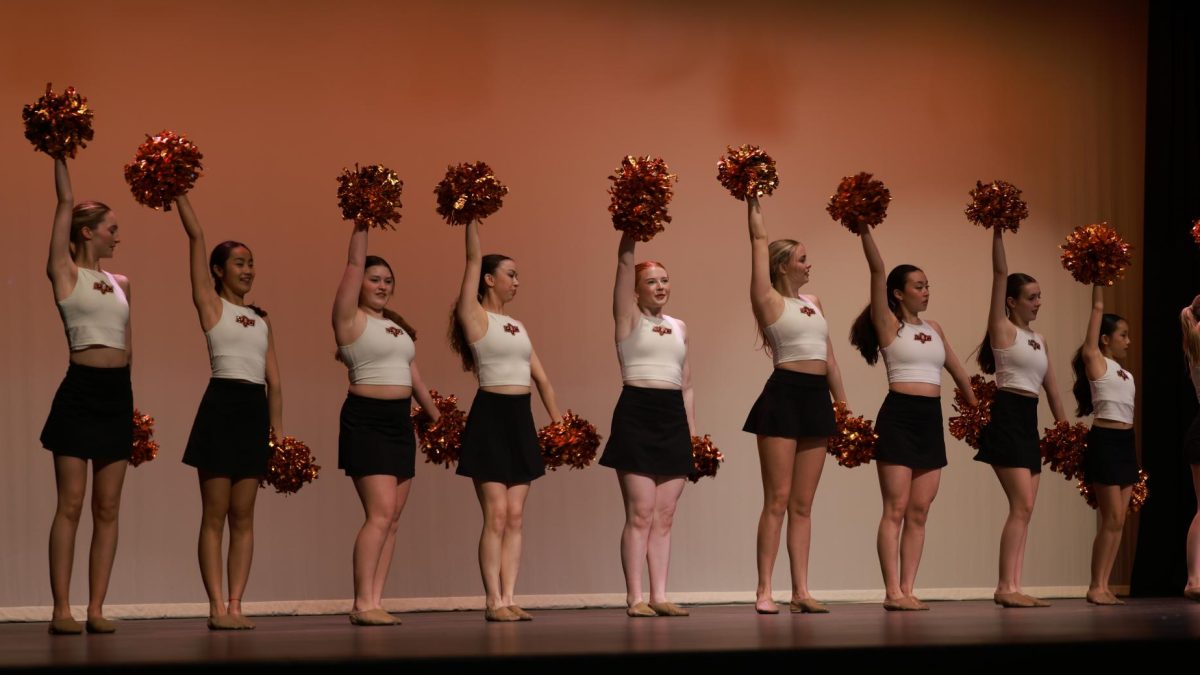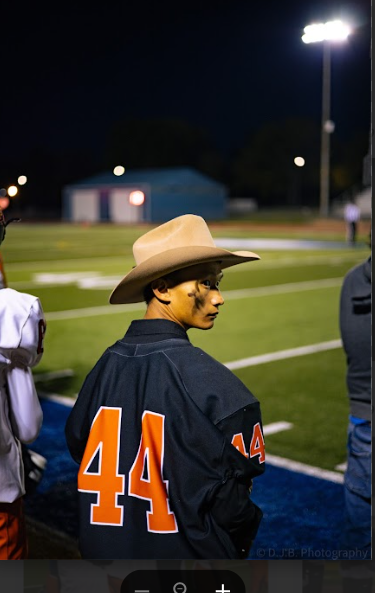From the surface, the reactions toward the recent phone ban have seemed overwhelmingly positive, but after a district post highlighted quotes from staff members’ favorable experiences, it was clear in the comment section that students felt both strongly otherwise and unheard.
Before this post was created, a survey conducted by Pirate Press was sent out to the high school to gauge student perspectives on the matter, and replies flooded in within minutes. In total, there were over 400 responses, which is by far the most responses to any survey Pirate Press has ever seen in recent years. The majority expressed their immense frustration, listing a plethora of reasons as to how the ban has hindered different aspects of their life inside and outside of school alike.
Some students revealed their concerns with the division between teachers and students growing even larger, similar to that of a power imbalance. The bill does not include staff as part of the policy.
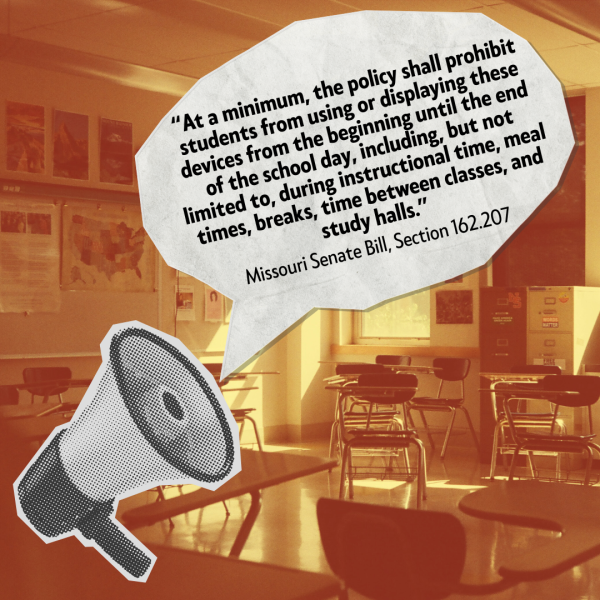
“The fact teachers are allowed to [be on their phones] and students are not also creates a sense of a rift between teachers and students,” senior Bennett Sweet said. “It feels as though instead of helping [students], they are more than happy to just put on a YouTube video while they watch videos on their phones.”
The responses toward the ban haven’t been entirely negative throughout the entirety of the student body or community. While they aren’t included in the bill, some teachers are making a conscious effort to be off their devices. In an email to staff on the second day of school, Dr. Kiel Giese, principal, received and shared parent feedback.
“I was given information from a parent regarding their child’s experience with the cell-phone free policy,” Giese said in the email. “Many of you have stated to your students your commitment to not being on your phone or wearing your smart watch. This started to build your credibility with your students on day one.”
Some students have accepted the policy as the new norm with little to no issues, while some find themselves in between.
“I have not personally had an issue with the phone policy, however, I do still think enacting it was a mistake,” senior Nathan Snyder said. “Instead of teaching people the basic standard of self-control when it comes to handling a phone, the law requires students to put it away.”
This opens a door for a new concern to arise: if the new ban really helps students, or if it harms their advancement in the “real world”. High school, for most, is about getting an education to better prepare students for what life is about after graduation; whether that be joining the military, going straight into the workforce, or enrolling in college or a trade school.
“I believe the phone policy being put into place is unnecessary,” freshman Ruby Diano said. “I believe [the phone ban] has heightened stress and has not benefited learning or instilled more discipline in kids. It has just made them sneakier and ‘bathroom breaks’ more frequent.”
This sentiment was shared by many of the students who completed the survey. It was revealed through the hundreds of responses that more often than not, people are less inclined to be on their phones in class if they put their phones away on their own accord. Now that there’s a rule in place restricting their device usage, it is more enticing for students to be on their phones anyway.
But student opinion was not shown on the district’s Instagram page. The post highlighted teachers’ opinions and views on how the phone ban has been received. All of the content featured was positive. A summarized quote from students on the Superintendent’s Advisory Council was published with the post as well, but also only focused on the good parts.
“They only took the three main positive things we said, and didn’t mention any of the negative thoughts we had,” a student on the council said. Pirate Press granted permission for this student to remain anonymous for confidentiality.
The comment section on the post was flooded with angry reactions from students, on private and public accounts alike. They all had one thing in common, and that was they felt the post was propaganda. Similar to the feelings shared on the survey, students felt their voices were being silenced. In response to the outrage, the district commented that they will collect student information themselves in a survey later on in the year.
Even though the new policy is frustrating and inconvenient to some, it’s important to remember when discussing this topic that this was put into place by a bill at the state level. The district was required to execute the phone ban.


